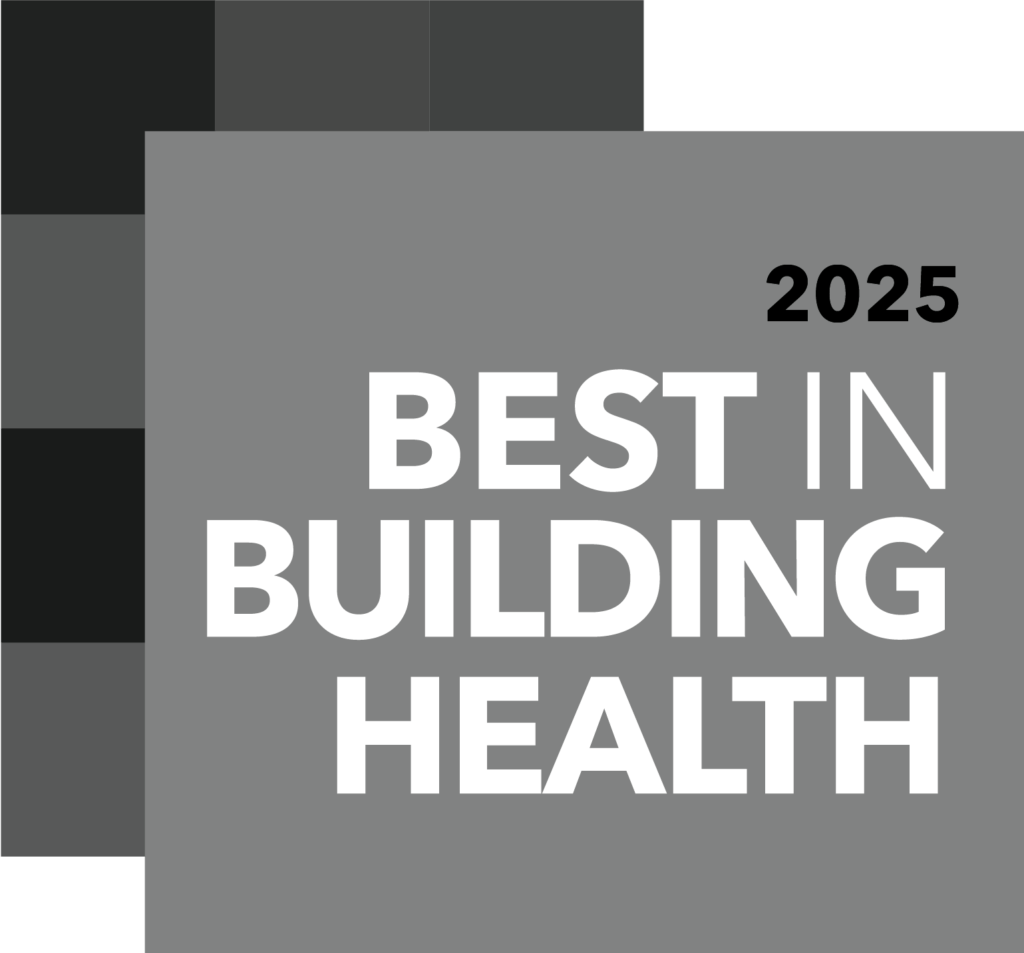
Thought
Indoor Air Quality: Every Breath We Take
At EVORA, health and wellbeing consulting is a key component of our Environmental, Social and Governance (ESG) Strategy and Risk Management service line.
We are increasingly advising our clients on indoor air quality and the emerging third-party standard in this area: RESET Air certification.
First – Why should we care about indoor air quality?
The short answer is because indoor air quality has a direct impact on health and wellbeing.
For example, PM-2.5 is one pollutant of concern in indoor environments. PM-2.5 is particulate matter or solid particles that are smaller than 2.5 microns in diameter – far smaller than the width of a human hair. These particles are so small that our bodies have no natural defences against them. As a result, PM-2.5 can penetrate deep within our lungs – even enter our bloodstream! – and can cause emphysema or lung cancer.
Even seemingly benign compounds from a human health perspective, like carbon dioxide (CO2), can negatively impact our mental performance. CO2 is a gas produced when we respirate and is in every breath we exhale. Yet, recent research shows that when CO2 accumulates in a space, such as when there is inadequate ventilation in an airtight indoor environment, it can significantly impact our cognitive functioning and make it difficult to concentrate.
High indoor air quality thus provides many benefits to worker health and wellbeing; it reduces sickness, decreases absenteeism, and helps raise productivity.
As employees are typically quoted as one of the most expensive costs of running a business, it follows that there is a strong return-on-investment in preserving high indoor air quality.
Second – How can EVORA help?
One way we assist our clients in this space at the asset-level is supporting the application of third-party health and wellbeing accreditation/certification schemes. Certification schemes offer a robust framework for discourse surrounding health and wellbeing in the built environment.
RESET Air (where RESET is short for Regenerative Ecological Social & Economic Targets) is one such certification scheme borne out of Shanghai, China in 2009. RESET Air certification has a focus on protecting human health by specifically targeting indoor air quality.
RESET Air is a sensor-based and performance-driven indoor air quality certification. RESET Air provides a standard for continuous monitoring of pollutants of concern, which must be below acceptable limits during hours of occupancy for a period of three months prior to certification. This level of performance must then be maintained forever more; projects are recertified annually to ensure indoor air quality continues to be within acceptable thresholds. Indoor air quality performance data must also be made publicly available to occupants of the building, continuously and in real time.
The pollutants of concerns include PM-2.5, volatile organic compounds (VOCs), CO2 and carbon monoxide (CO).
There are two different RESET Air project types:
- RESET Air for Commercial Interiors: The intent is to monitor the quality of air for occupants at the breathing level.
- RESET Air for Core & Shell: The intent is to monitor the quality of air being delivered by the building’s HVAC system post-filtration.
For certification with either project type, the emphasis is on obtaining three months of data by deploying accredited monitors and providing the data in an acceptable format.
RESET Air is seeing considerable attention internationally and relatively rapid adoption, particularly in certain geographies. Additionally, RESET Air has recently been coordinating and harmonizing with other health and wellbeing certification programs, including WELL and Fitwel. This harmonization helps streamline project documentation for those projects looking to achieve multiple health and wellbeing certifications.
Exploring the nuances of certification schemes, including RESET Air, can get complicated and quickly!













